Gyula Grosics
Nicknamed "The Black Panther", Gyula Grosics is the legendary goalkeeper of the Hungarian Golden Eleven and one of the best goalkeepers of all time.
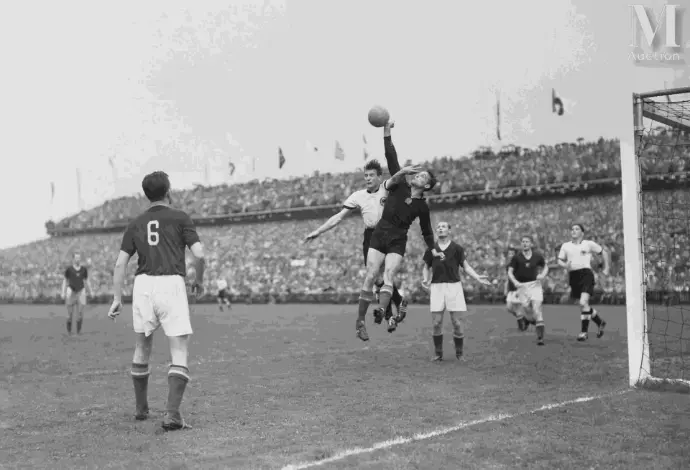
Games
Goals Conceded
Clean Sheets
Trophies
1945/47 Dorogi Bányász (HUN) 61 matches
1947/50 MATEOSZ Munkás SE/Teherfuvar SE (HUN) 85 matches
1950/57 Budapest Honved (HUN) 125 matches
1957/62 Tatabánya Bányász SC (HUN) 123 matches
With the National Team :
86 caps
(Friendly matches: 59 caps)
(World Cup qualifiers: 6 caps)
(World Cup: 11 caps)
(Euro qualifiers: 1 cap)
(Olympic Games: 5 caps)
(International Cup: 4 caps)
1st cap: August 20, 1947 against Albania (3-0)
Last cap: October 14, 1962 against Yugoslavia (0-1)
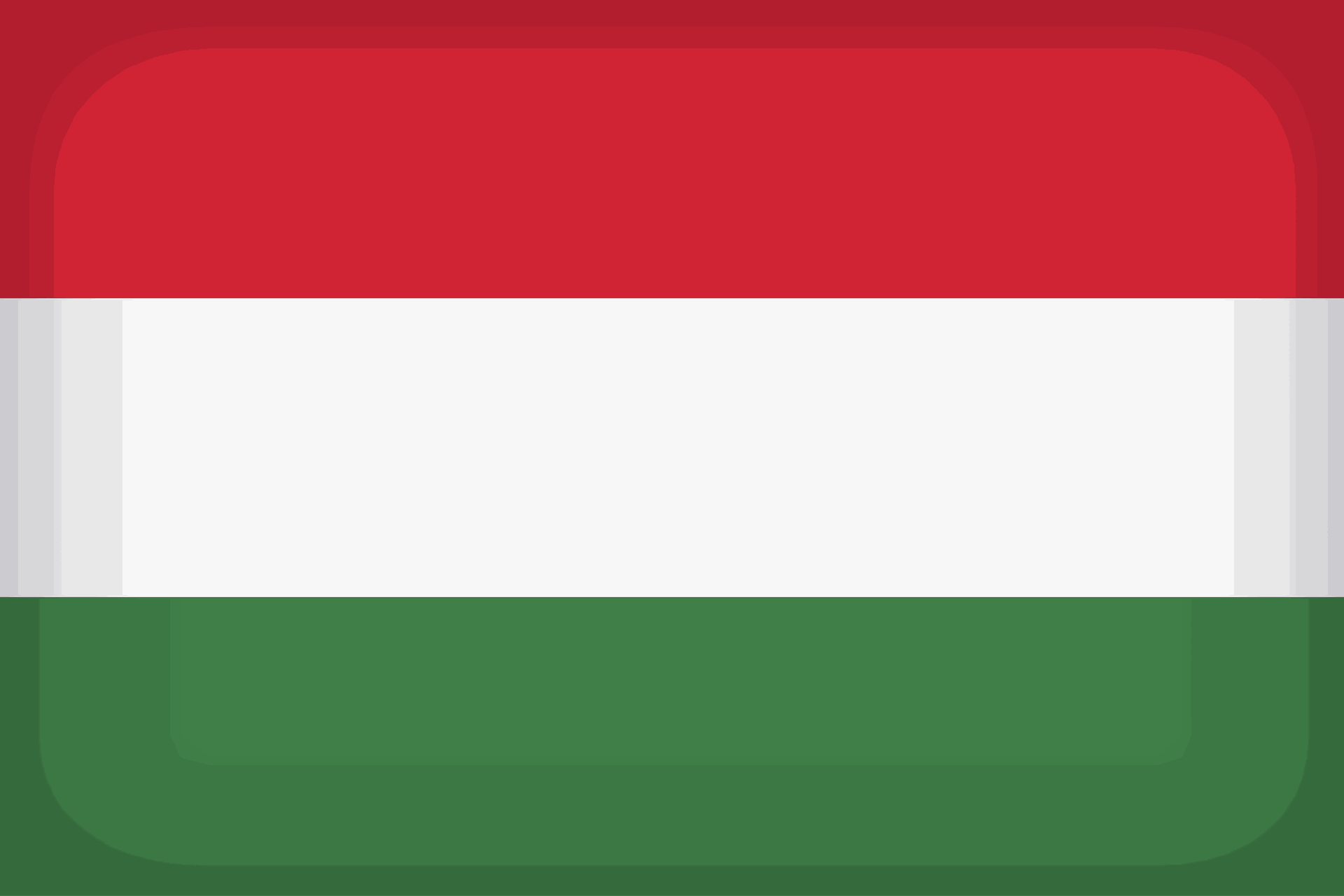
Grosics György Gyula
Born on February 4, 1926 in Dorog (HON)
Died on June 13, 2014 in Budapest (HON)
Hungarian, Goalkeeper, 1m79
Nickname: The Black Panther
The best player in Hungary
Gyula Grosics was born on February 4, 1926 in Dorog, Hungary. Coming from a modest family, his father wanted to make him a priest, but the young boy wanted to become a footballer. The Second World War delayed his debut in the first team and he began his career at the age of 19 for Dorogi Bányász.
His talent dazzled the Hungarian championship and he quickly joined the club MATEOSZ Munkás SE and joined the Hungarian national team. In a golden generation of Hungarian football, he quickly became a prominent figure and in 1950 he joined Budapest Honved, the country's major club at the time. There, he confirmed his status as a player with enormous potential, winning 2 titles of best Hungarian player of the year in 1949 and 1950.
The best goalkeeper in the world
Winning the Hungarian championship 4 times with Budapest Honved, he established himself as one of the best goalkeepers in the world and a player later considered by Yashin as his equivalent. Imperial in the penalty area, he had an excellent foot game and a phenomenal vertical jump. His exits in the feet earned him the nickname of Black Panther and he became a player at the base of the Hungarian attacks despite his position as goalkeeper. Endowed with exceptional reflexes, he was a modern and complete goalkeeper who wore a black kit on many occasions.
With a series of matches with only 2 defeats between May 1950 and summer 1954, he arrived at the World Cup as the best goalkeeper in the world. In total, it was 47 wins, 7 draws for 2 defeats. Reaching the World Cup final after some very good individual performances on his part, he unfortunately lost the final 3-2 in the Miracle of Bern against West Germany despite Hungary's colossal status as favorite.
A player opposed to the totalitarian regime of the time
He continued to be Hungary's best goalkeeper and participated in 2 other World Cups in 1958 and 1962, with a little less success. In the World Cup, his statistics were flattering for the time: 12 matches played, 16 goals conceded and 3 clean sheets. However, during this period, after the 1954 World Cup, the player was in conflict with the political police of the regime in power in the country. The player did not hesitate to hide his opposition to the communist regime and he would be the victim of problems with this political police for 15 long months.
It was finally in November 1956 that the player decided to escape from Hungary with his family and join his teammates in South America for a football tour. On the way back, Ferenc Puskás decided to stay in Madrid while Kocsis and Czibor put down their suitcases in Barcelona. Grosics returned home, forced to return, Hungary threatening to publish compromising files that would ruin his career if he decided to leave his native country.
A dream come true at 82
Transferred against his will to Tatabánya Bányász SC, a modest club, in 1957, he finally decided to end his career in 1962 when he was 36 years old. He was still the starting goalkeeper for Hungary as his talent was undeniable. The goalkeeper was never able to realise his dream of joining Ferencváros because the government opposed the transfer.
For the record, in 2008, Grosics had the opportunity to play a friendly match against Sheffield United with Ferencváros, the club wishing to realize the dream of the Hungarian legend. Playing 15 minutes of this match, he was able to do so at the age of 82. Subsequently, the club retired the number 1 in his honor and included the name of the legend each season in the list of players transmitted to the national federation.
Trophies :
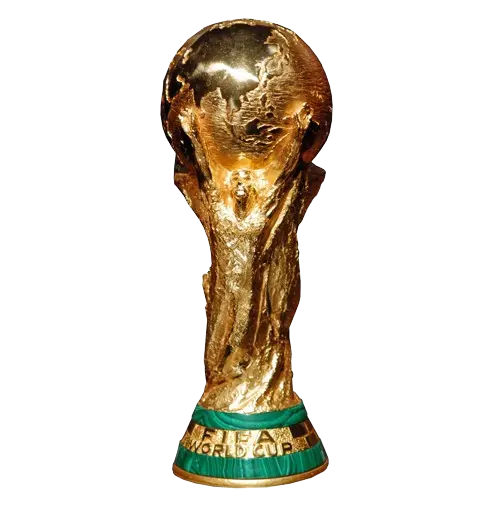
Finalist World Cup x1
- 1954 (Hungary)
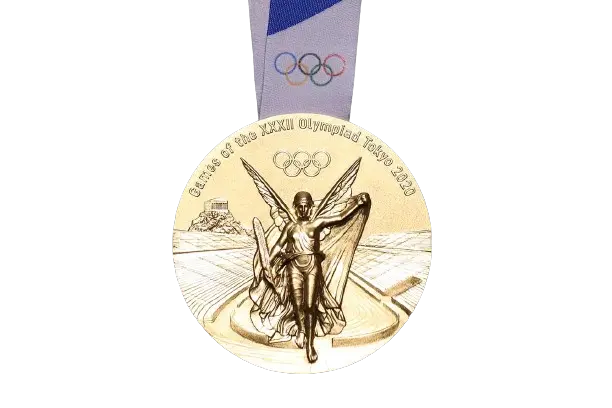
Olympic Games Gold Medal x1
- 1952 (Hungary)
International Cup x1
- 1953 (Hungary)
Finalist International Cup x1
- 1960 (Hungary)
Balkan Nations Cup x1
- 1947 (Hungary)
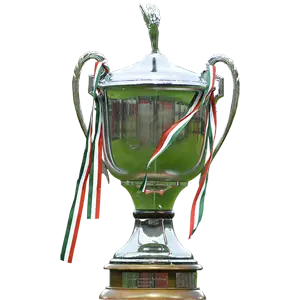
Hungarian League x4
- 1950 (Budapest Honved)
- 1952 (Budapest Honved)
- 1954 (Budapest Honved)
- 1955 (Budapest Honved)

Vice-Champion Hungarian League x2
- 1951 (Budapest Honved)
- 1953 (Budapest Honved)
Individual Trophies :
- Voted Hungarian Footballer of the Year in 1949 and 1950
- World Soccer World XI: 1960 and 1961
- Named to the World Cup All-Star Team in 1954
- Awarded the Cross of the Order of Merit of the Hungarian Republic in 1993
- Awarded the Medal of Merit of the Hungarian Olympic Committee in 1995
- Awarded the "Szent István Prize" in 2007
- Awarded the "Hungarian Freedom Prize" by the Hungarian Freedom Foundation in 2008
- Awarded the "Prima Primissima Prize" in the Sports category by the Hungarian National Association of Entrepreneurs in 2009
- Named Athlete of the Nation by the Hungarian Parliament in 2011
- Named Honorary Citizen of the City of Dorog in 2001
- Named Honorary Citizen of the City of Budapest in 2009